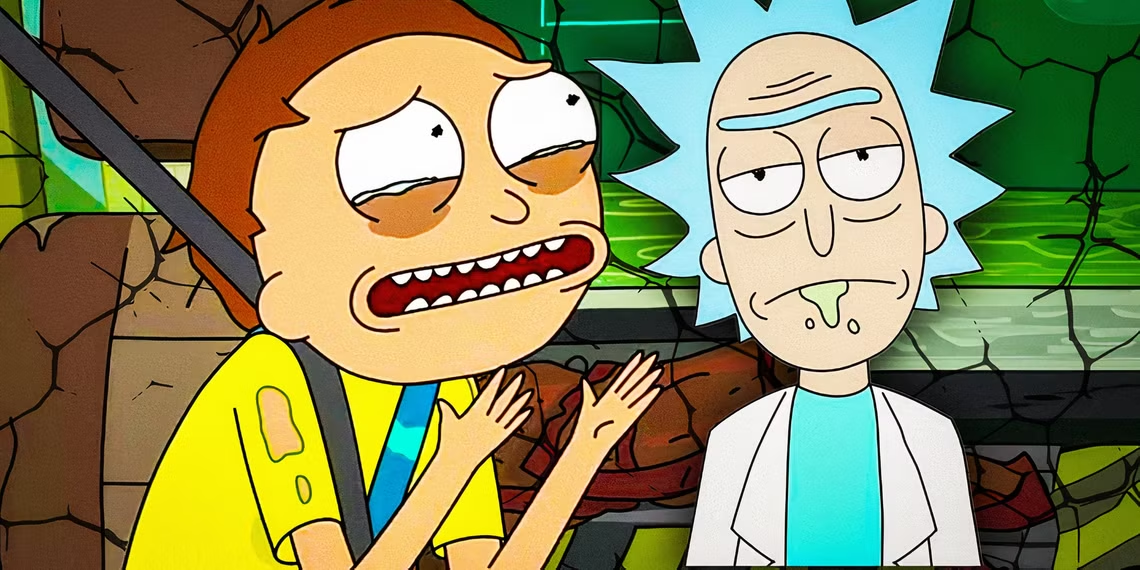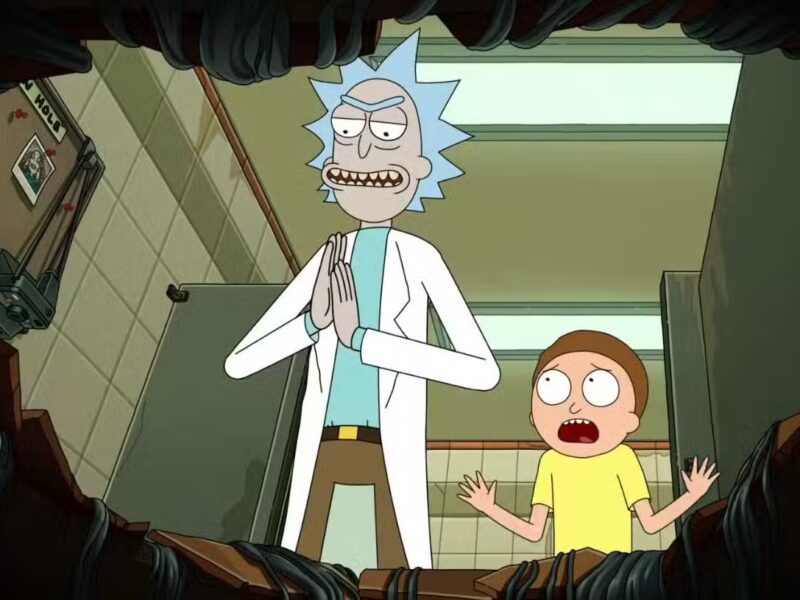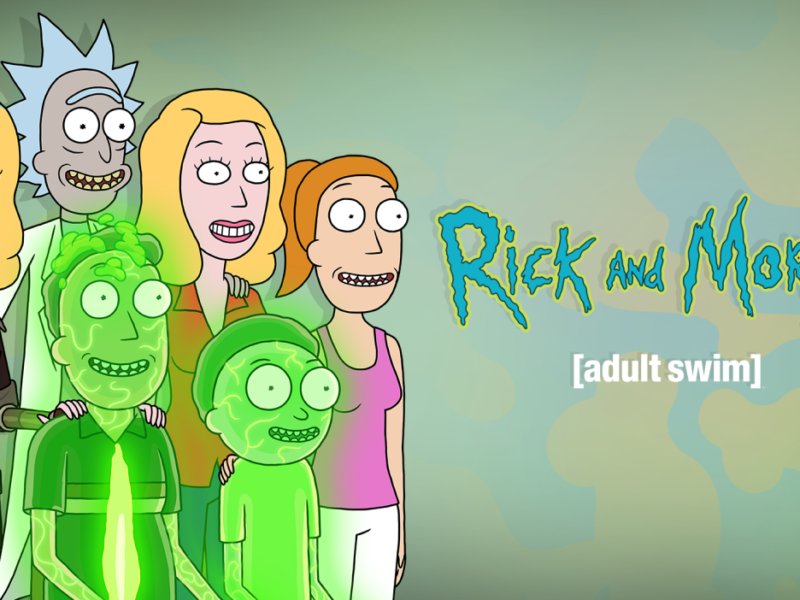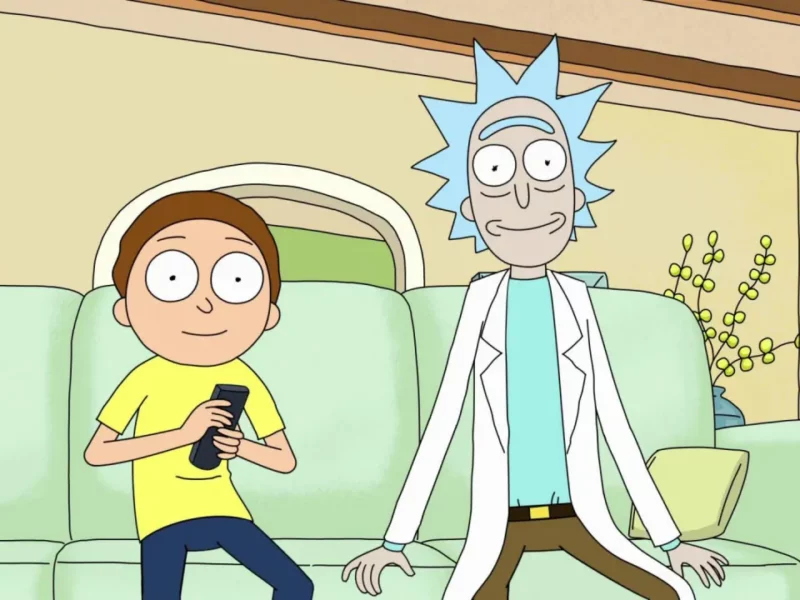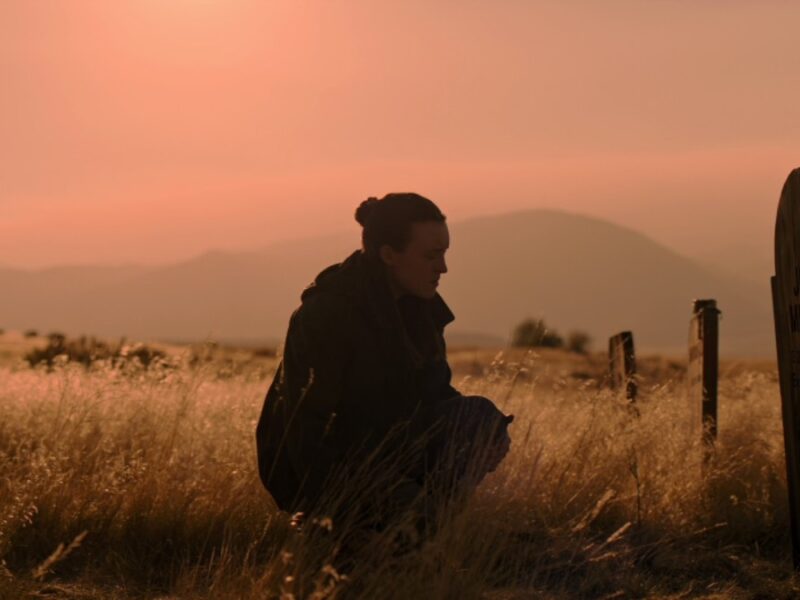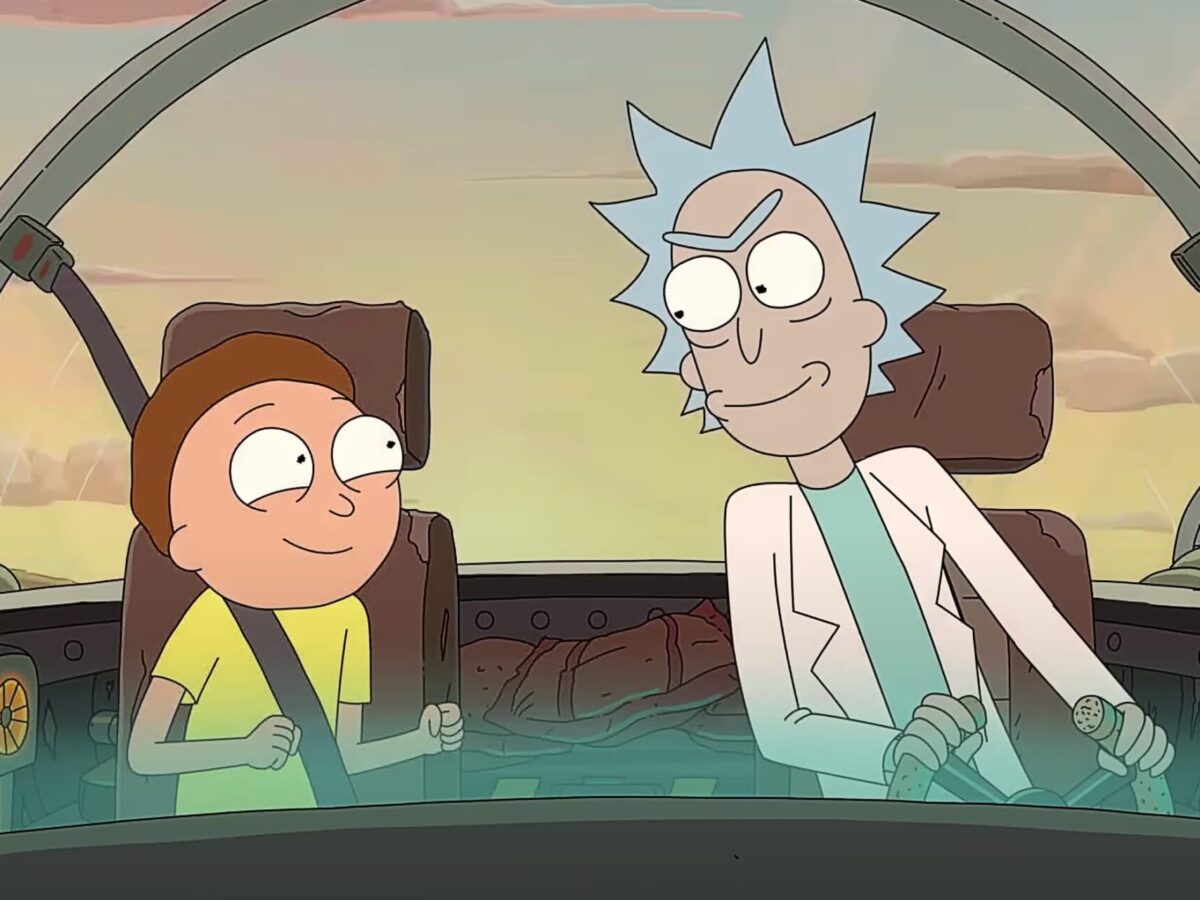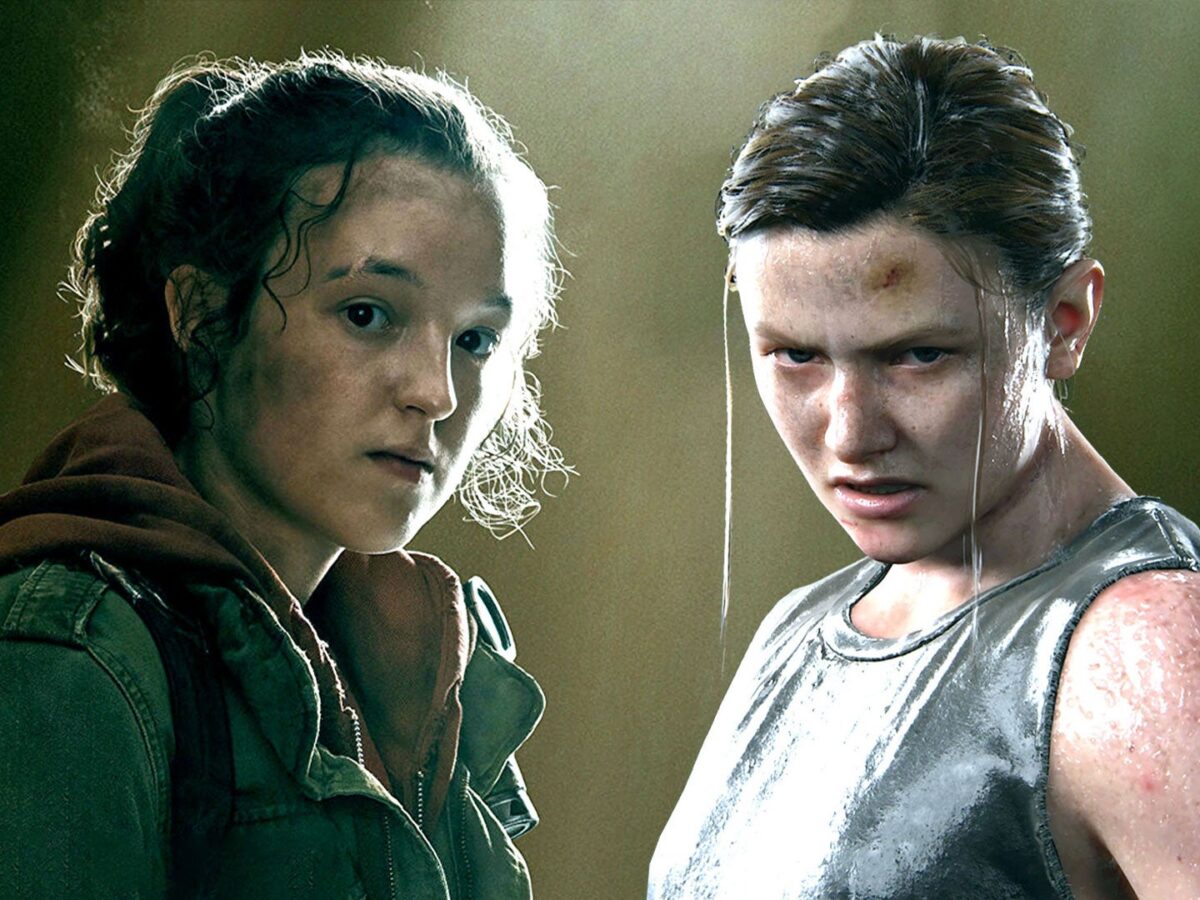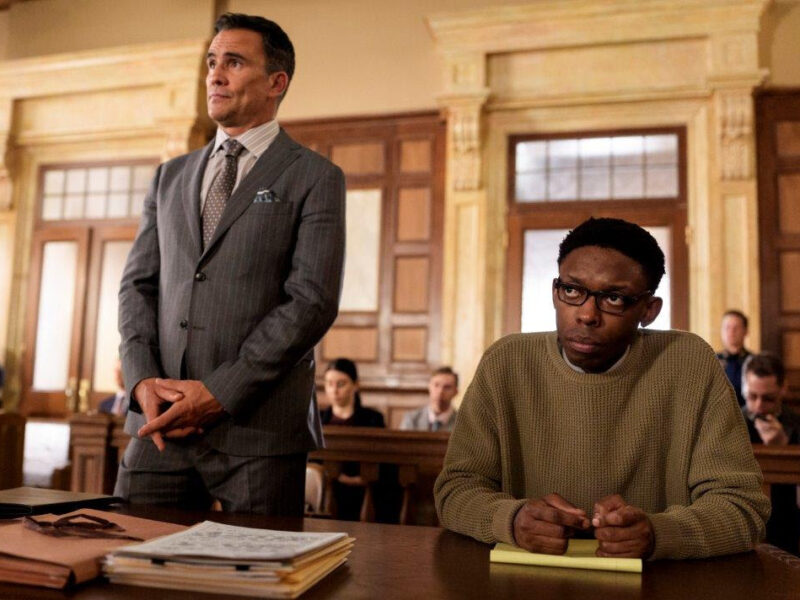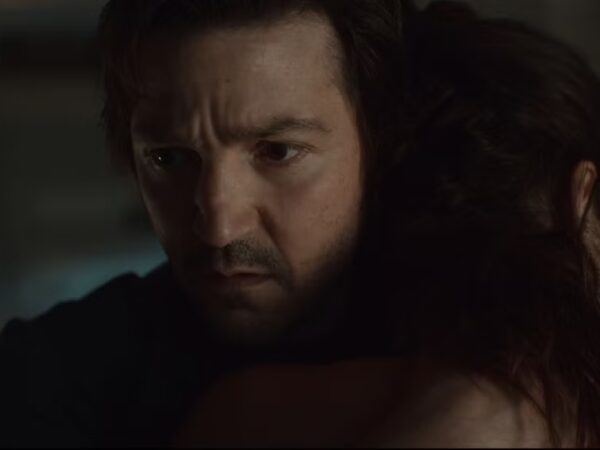Since its debut in 2013, Rick and Morty has transcended the boundaries of traditional animated television, evolving into a cultural phenomenon that continues to redefine the sci-fi comedy genre. Created by Dan Harmon and Justin Roiland, the series intertwines absurd humor, complex storytelling, and philosophical themes that have captured audiences worldwide. However, as the show matures, so does the scrutiny it faces—particularly regarding its commitment to thematic consistency and character development.
The Foundations of Rick and Morty: A Unique Blend of Chaos and Wit
From its earliest episodes, Rick and Morty established itself as a show willing to push boundaries. The premise centers on the misadventures of Rick Sanchez, a nihilistic and eccentric scientist, and his anxious grandson Morty Smith as they traverse an infinite multiverse. The series gained acclaim for its sharp humor and fearless exploration of existential themes. Episodes like “Pickle Rick” and “The Ricklantis Mixup” have become iconic, showcasing the show’s ability to combine absurdity with profound character insights.
Critics and fans alike lauded the show for its depth. The complexity of Rick’s nihilism, juxtaposed with Morty’s gradual disillusionment, brought an emotional weight rarely seen in animated comedies. As The Guardian noted, the show’s genius lies in its “ability to make audiences laugh while contemplating their own existential crises.”
Breaking Its Own Rules: The Challenges of Sustained Success
Despite its initial success, Rick and Morty has faced criticism for what some perceive as a departure from its core themes. A notable example is the contradiction surrounding the show’s “No Reset Button” philosophy, as introduced in the Season 2 finale. This principle emphasized the permanence of consequences within the multiverse—a refreshing stance in a genre often dominated by episodic resets.
However, as highlighted in more recent episodes, the series occasionally betrays this message, opting for comedic convenience over narrative coherence. For instance, recurring characters and plotlines are sometimes abandoned or revisited in ways that feel inconsistent. Season 7’s exploration of new dynamics within the Smith family has been divisive, with some fans praising its risk-taking and others longing for the tighter storytelling of earlier seasons.
As Rotten Tomatoes observed, the show’s longevity is a double-edged sword: “While Rick and Morty remains a powerhouse of creativity, the pressure to innovate often leads to uneven storytelling.”
Looking Ahead: What Can Fans Expect in Season 8?
With Season 8 on the horizon, Rick and Morty faces a critical juncture. How will the series balance its trademark chaos with the narrative depth that initially endeared it to fans? The departure of co-creator Justin Roiland from the series has introduced new voices into the creative process, a shift that could breathe fresh life into the show—or alienate its core audience.
The upcoming season promises to delve deeper into the multiverse’s lore, exploring long-teased mysteries like Evil Morty’s ultimate plan and the true nature of the Citadel. Meanwhile, character development is expected to take center stage, with Beth and Jerry’s evolving relationship and Summer’s growing independence providing emotional subplots.
The show’s resilience and ability to adapt will be crucial. While fans may debate its recent creative choices, few can deny that Rick and Morty remains a singular force in television, capable of reinventing itself while holding onto the humor and heart that define it.
As we await the next season, one question lingers: Can Rick and Morty maintain its delicate balance of chaos and meaning, or will it ultimately succumb to the very absurdity it critiques?
